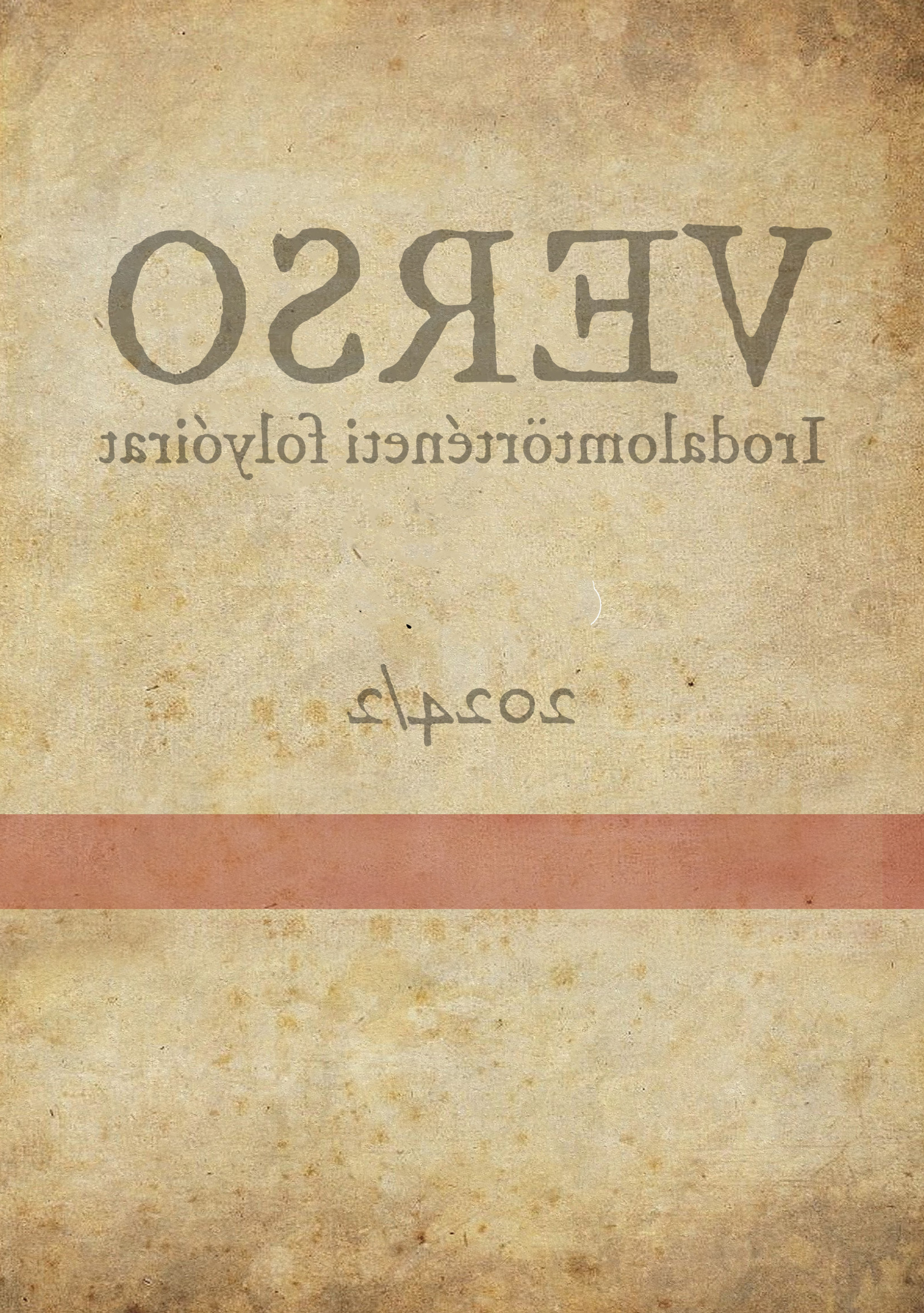Decadent Poetry in A Hét and the Rejection of the Term “Decadent”
DOI:
https://doi.org/10.15170/VERSO.7.2024.2.43-73Abstract
In the Hungarian critical discourse of the late 19th century, the term “decadent” was either used in a pejorative sense, or avoided, more precisely: replaced by other labels. The present paper examines the use of the term, its function and the reasons for its omission, focusing on the poetics of the literary periodical A Hét (1890–1921) edited by József Kiss. It examines how the editors and critics of A Hét distanced themselves from decadent poetry and how their vocabulary reflected this disjuncture. In other words, how the press at the fin-de-siècle spoke of decadence without naming it. The paper also discusses the turn-of-the-century rejection of literary movements associated with decadence (which is understood here as a specific perspective of modernism). The paper also reflects on the possible causes of this distancing and the new critical vocabulary that resulted from it.

